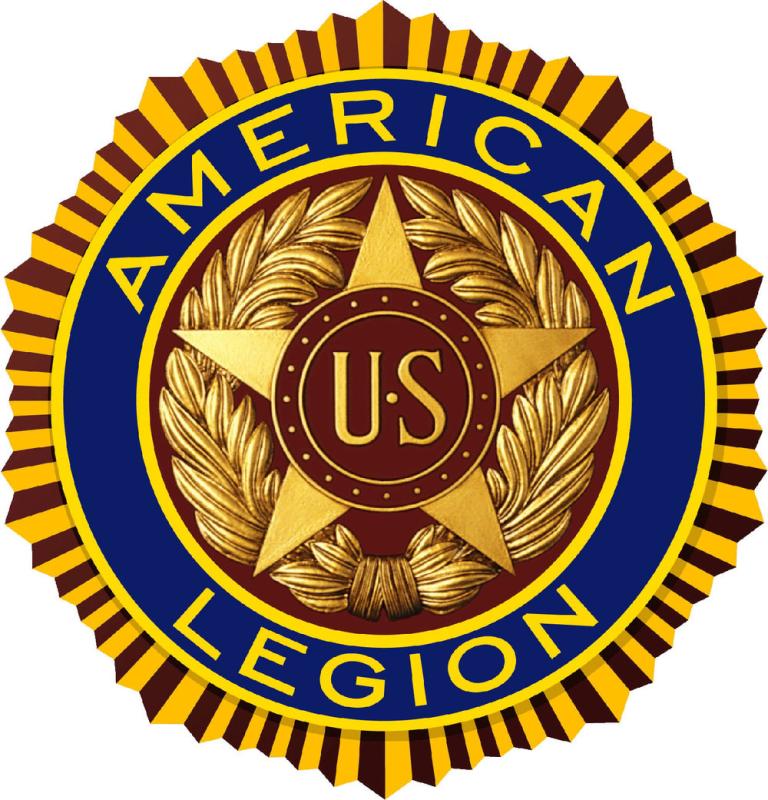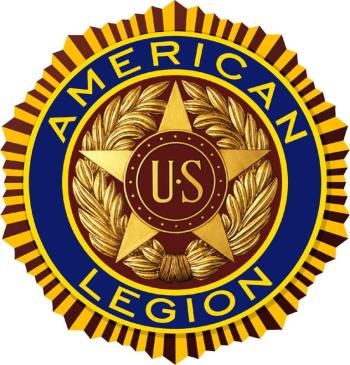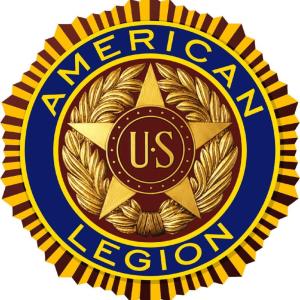American Legion Post 36
Last week I attended the Military Officers Association of America (MOAA) “Advocacy in Action” in Washington, D.C. Most veteran service organizations have this annual event where we meet our congressional leadership to advocate for issues considered priorities of our national organizations. Between January and April, the American Legion, VFW, DAV, AMVETS, MOAA and others have our time on the “Hill.”
I mentioned last week the issues that we, MOAA, were to discuss and we did. The “we” I am referring to is myself and RADM Joan Hunter. Rear Adm. Hunter, USPHS (Ret.), was in the U.S. Public Health Service. Her assignments include assistant surgeon general, senior advisor to the Department of Health and Human Services, assistant secretary for Health and the U.S. Surgeon General, and was the former director of USPHS Commissioned Corps Headquarters. In addition, she served as an assistant joint surgeon, National Guard Bureau, where she designed and directed the National Guard psychological health program. Why was she with me? Because she was born in Lewiston, raised in Readfield, and now has a home in Kennebunk, is now a member of our MOAA Chapter, and has recently joined the National Board of Directors for MOAA. It was an honor for me to team together with her discussing our issues with the staff of our delegation.
This past week was extremely busy in Congress as you can imagine so we only were able to meet with Senator Angus King but we did meet with the staffs of Representatives Pingree and Golden. Due to Senator Collins' scheduling conflicts, we were unable to meet with her or her staff, but we hope to have our meeting with her staff “virtually.” I can report that the staff of our delegation are well aware of the issues facing our veterans and our military. Time didn’t seem to be a factor, so we were really able to have meaningful, in-depth discussions. Since Joan’s medical background is in mental health and since many of these issues have a significant impact on both our military members and our veterans, much of the discussions focused on that. Military spouses not able to get jobs due to frequent moves put hardships on our junior ranks, our unaccompanied military living in substandard quarters (mold, insect infestation, etc.), confusion dealing with healthcare both with the active duty and veterans, all affect the wellbeing on our military/veteran community. This affects readiness, recruitment, retention, and honoring our commitment to those who served.
We were also able to address issues we face in Maine. Transportations issues, especially in rural Maine, caregiver support for veteranswho are caregivers, cost of ambulance service for all in the VHA system, adequate and timely mental health care were discussed. We will be able to follow up on these issues going forward.
We are fortunate in Maine to have a great working relationship between our veteran community, state, VA, and Congressional delegation and their staffs. Our veteran voices are being heard!
























